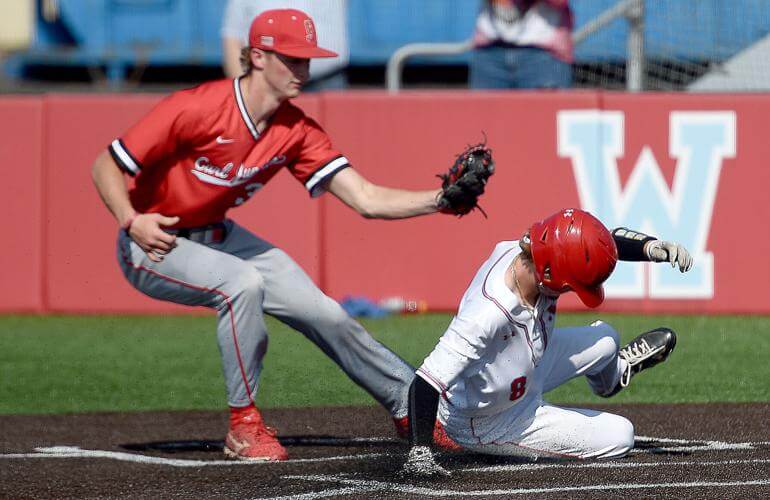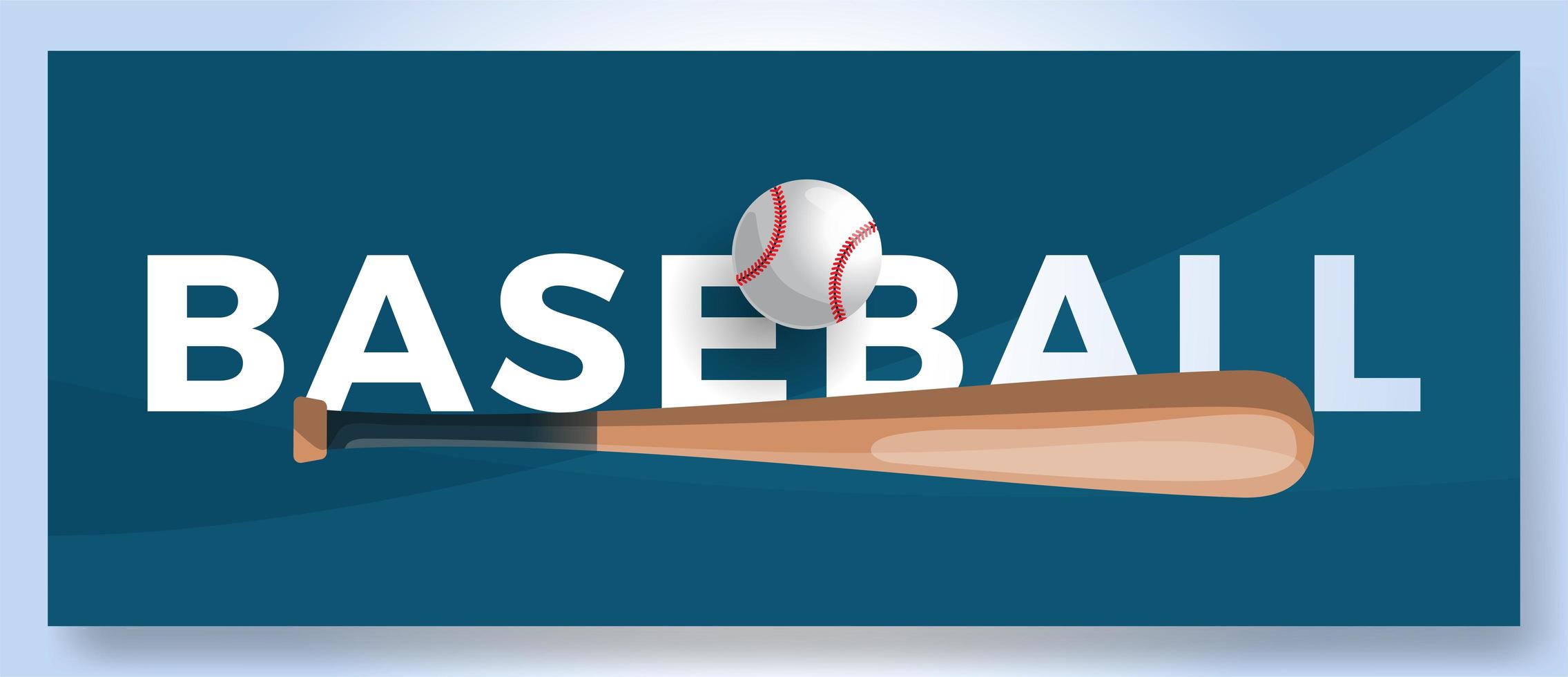Baseball is a sport known for its intricate rules and terminologies. One such term that often arises during games is “passed ball.” A passed ball refers to a specific event that occurs during a baseball game, affecting the outcome and dynamics of the match. The concept of a passed ball, its ramifications, and its importance in sports will all be discussed in this article.
Understanding the Basics
It’s crucial to have a thorough understanding of baseball before getting into the specifics of a passed ball. A bat-and-ball game called baseball is played between two teams of nine players each. The objective is to score runs by hitting the ball and advancing around a series of bases.
In baseball, the catcher is positioned behind home plate and receives the ball from the pitcher. The catcher’s main responsibility is to take the pitches and stop baserunners from moving forward. However, sometimes the catcher fails to handle a pitch, resulting in a passed ball.
Defining a Passed Ball
A passed ball is an official scoring term used in baseball to describe a situation where the catcher fails to catch a pitch that he should have reasonably caught. The criteria for determining a passed ball can vary slightly depending on different rulebooks and leagues, but the essence remains the same.
According to Major League Baseball’s rulebook, a passed ball is charged to the catcher when:
“The catcher fails to hold or control a legally pitched ball that, with ordinary effort, should have been maintained under his control.”
Historical Development
The passed ball rule has evolved over the history of baseball. In its early years, the concept of a passed ball was not officially recognized, and catchers were not penalized for failing to catch a pitch. However, as the game developed, rules were established to hold catchers accountable for their defensive responsibilities, including the ability to catch pitches. The exact details of when the passed ball rule was introduced and refined may vary, but it became an integral part of the game’s scoring system and statistical tracking.
Differences from Wild Pitches
It’s essential to differentiate between a passed ball and a wild pitch in baseball. While both terms involve the failure of the catcher to handle a pitch, there is a fundamental distinction between the two.
A passed ball occurs when the catcher fails to catch a pitch that should have been caught with ordinary effort. A pitch that is so off-target or challenging to catch that the catcher cannot reasonably be expected to catch it is referred to as a wild pitch, on the other hand. In the case of a wild pitch, the responsibility falls more on the pitcher for throwing an errant pitch, whereas a passed ball primarily reflects the catcher’s performance.
Catcher’s Responsibilities

Aside from catching pitches, catchers in baseball have various responsibilities on the field. They play a crucial role in controlling the running game, framing pitches to influence umpire calls, and communicating with the pitcher to strategize against opposing hitters.
While preventing passed balls is one of the primary duties of a catcher, their overall defensive abilities and game management skills are equally important. Catchers need to be quick on their feet, have a powerful arm to throw out baserunners trying to steal, and be able to make split-second decisions under duress.
Causes and Consequences
Passed balls can happen due to various factors, including:
- Velocity and movement of the pitch: When a pitch has excessive speed or unexpected movement, it can be challenging for the catcher to catch it cleanly.
- Poor technique: Catchers need to have excellent reflexes, positioning, and soft hands to receive pitches effectively. Mistakes in technique can lead to passed balls.
- Pitcher’s control: If a pitcher struggles with accuracy and consistently throws wild pitches, the catcher may have difficulty anticipating and catching the ball.
- Physical fatigue: Catching is a demanding position that requires a great deal of physical exertion. Fatigue can affect a catcher’s ability to catch pitches cleanly.
The consequences of a passed ball can vary depending on the situation. It can result in runners advancing to a more advantageous base or even scoring a run. In close games, a single passed ball can significantly impact the final outcome, making it a crucial event that players and teams strive to avoid.
Statistics and Impact
Passed balls are recorded as a statistical category and are closely monitored by teams, players, and analysts. They provide valuable insights into a catcher’s performance and defensive abilities. Additionally, passed balls can affect a pitcher’s earned run average (ERA), as any runs scored due to a passed ball are considered earned runs.
Tracking passed balls allows teams to evaluate catchers and identify areas for improvement. Recent developments in baseball analytics have made it possible to analyze passed balls and their effects on team performance even more thoroughly.
Notable Examples
Throughout baseball history, there have been several notable instances where passed balls played a significant role in games and even championships. The 1960 World Series between the Pittsburgh Pirates and the New York Yankees is one such instance. When the score was knotted in the bottom of the ninth inning of Game 7, a passed ball allowed Bill Mazeroski of the Pirates to hit a walk-off home run, giving the Pirates the championship.
The 2017 American League Division Series between the Cleveland Indians and the New York Yankees featured another noteworthy event. In Game 2, a passed ball by the Indians’ catcher allowed the Yankees to score a critical run, leading to their victory and eventual series win.
Frequently Asked Questions

Why is a passed ball not an error?
A passed ball is not considered an error because it is attributed to the catcher’s performance rather than a defensive player’s error. In baseball, errors are typically charged to fielders for failing to make a play they should have made with ordinary effort. However, a passed ball is specifically linked to the catcher’s inability to catch a pitch that he should have reasonably caught, regardless of the circumstances. As such, passed balls are not counted as errors in the traditional sense.
Can a passed ball be a strike?
No, a passed ball cannot be a strike. In baseball, a pitch that travels within the strike zone without being swung at by the hitter is deemed to be a strike by the umpire. Contrarily, a passed ball occurs when the catcher mishandles a pitch that ought to have been handled carefully. While a passed ball may result in advancing baserunners or other consequences, it does not have any impact on the count or the determination of a strike.
Is a passed ball in baseball an error?
No, a passed ball is not classified as an error. As mentioned earlier, an error is typically charged to a fielder when they fail to make a play they should have made with ordinary effort. In contrast, a passed ball is specifically attributed to the catcher’s performance in failing to catch a pitch that they should have reasonably caught. Passed balls are scored separately from errors and are considered a distinct category in baseball scoring.
Can the batter run on a passed ball?
Yes, when a passed ball occurs, it allows baserunners to advance to the next base. Similar to a wild pitch, if the batter doesn’t make contact with the pitch and the ball gets past the catcher, he or she may try to advance to first base. The game circumstances, the amount of outs, and the rewards and risks of attempting to get to first base safely all factor into the batter’s decision to run or not. Baserunners on other bases may also advance if the passed ball allows them to do so without the risk of being thrown out.
In Conclusion
A pitched ball that a catcher should have properly handled results in a passed ball, a major event in the game of baseball. It can result from various factors such as the pitch’s velocity, poor technique, the pitcher’s control, or physical fatigue. Passed balls have consequences, allowing baserunners to advance and potentially score runs.
Statistically, passed balls provide insights into a catcher’s performance and affect a pitcher’s ERA. Teams analyze passed balls to evaluate catchers and make necessary improvements. Throughout history, there have been notable instances where passed balls played a crucial role in games and championships.
Understanding the concept of a passed ball adds depth to one’s knowledge of the game, highlighting the importance of precise execution and teamwork in baseball. It serves as a reminder that in the world of athletics, even the smallest errors can have serious repercussions.








